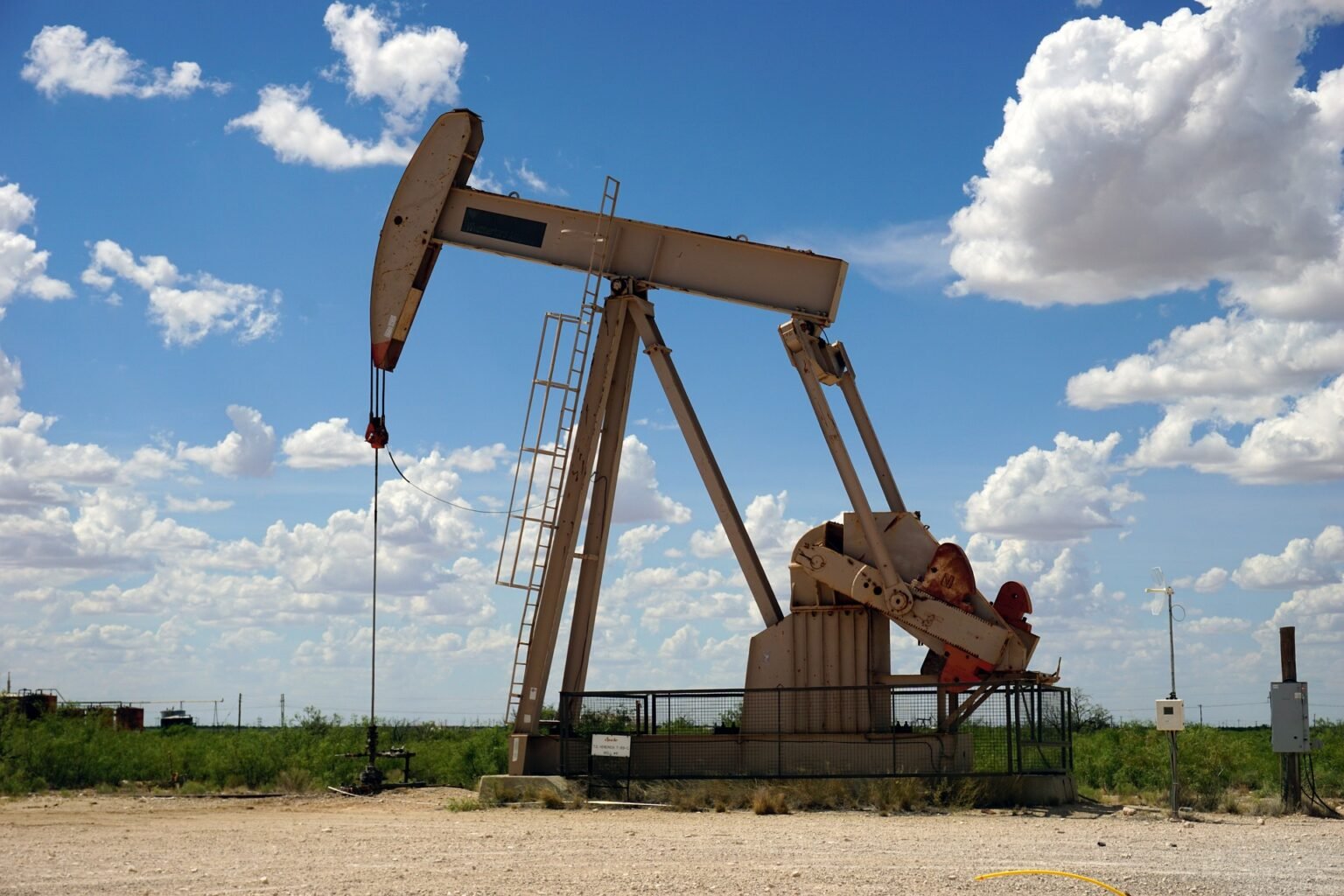The director general of COP28 on Thursday defended the appointment of oil executive Sultan al-Jaber, describing the Abu Dhabi National Oil Company CEO as the “perfect person” to lead the climate talks.
The UAE, the third-largest oil-producing member of the OPEC alliance, will host the COP28 climate summit from Nov. 30 through to Dec. 12.
Al-Jaber, who in January was selected to lead the summit, serves as the UAE’s climate envoy, the government’s minister of industry and technology, and the head of ADNOC — one of the world’s largest oil and gas companies.
His appointment as president-designate of COP28 — the world’s biggest international climate conference — provoked a furious backlash from climate activists and civil society groups, with many calling on al-Jaber to relinquish his role as ADNOC CEO, saying it represents a clear conflict of interest with his COP28 position.
Last week, more than 130 U.S. and European lawmakers sent a letter to President Joe Biden, European Commission President Ursula von der Leyen, and the U.N. to voice their “profound concern” about the potential for private sector polluters “to exert undue influence” on the summit.
“We urge you to advocate for the United Arab Emirates to withdraw the appointment of al-Jaber, head of the Abu Dhabi National Oil Company, as President-designate of COP28,” the letter said.
Signatories of the letter included U.S. Senators Bernie Sanders, I-Vt., Elizabeth Warren, D-Mass., as well as a host of leftist EU lawmakers.
Asked by CNBC’s Dan Murphy to respond to the calls to remove al-Jaber as president-designate of the summit, COP28 Director General Majid al-Suwaidi said: “This is a discussion that we’ve seen a lot in the media. I think that, first of all, it’s a small group of lawmakers — and what’s unfortunate is that they’re not coming forward with the solutions to the climate problem.”
“As the UAE we’ve been really focused on how do we deliver the results we need for COP28 and I know that Dr. Sultan is the perfect person to do that. Dr. Sultan has a long track record as our climate champion.”
Al-Suwaidi said that, under the leadership of the UAE, the government had been “very progressive” when it comes to the climate crisis. “We’ve already done many actions that show our leadership when it comes to climate change. And Dr. Sultan has been at the forefront of that,” he added.
Al-Suwaidi said many lawmakers had been supportive of the UAE as COP28 host and al-Jaber as president-designate.
U.S. climate envoy John Kerry and U.K. Minister for Net Zero Graham Stuart are among those to have backed al-Jaber to oversee the upcoming climate talks in Dubai.
The UAE’s Office of the Special Envoy for Climate Change has previously said that al-Jaber’s experience “uniquely positions him to be able to convene both the public and private sector to bring about pragmatic solutions to achieve the goals and aspirations of the Paris Climate Agreement.”
Large emitters ‘need to be at the table’
The upcoming COP28 summit will be the first global stocktake since the landmark Paris Agreement. The 2015 accord aims to limit global heating to 1.5 degrees Celsius above pre-industrial levels.
Beyond this critical temperature ceiling, it becomes more likely that small changes can trigger dramatic shifts in Earth’s entire life support system.
The United Nations has long been criticized for the involvement of fossil fuel delegates and lobbyists at its annual climate conference. The burning of fossil fuels, such as coal, oil and gas, is the chief driver of the climate emergency.
“At the end of the day, the large emitters, the ones who are emitting the carbon into the atmosphere, need to be at the table discussing with us how to solve this problem,” al-Suwaidi said.
“And I think that what’s really [exciting] about COP28 is that for the first time, we have those industry leaders coming to Dubai to have that conversation with us. And that’s something we should all get behind,” he added.
“We need to have a conversation that’s inclusive, and they are the ones who have the resources, the technology and the know how to help us to address the emissions. And by the way, a lot of this makes economic sense because we need to see that transition, we need to see the energy transition happening.”
This article was originally published by CNBC.



